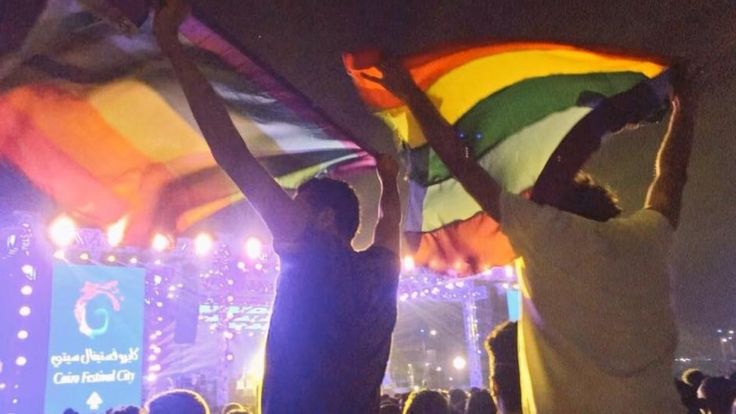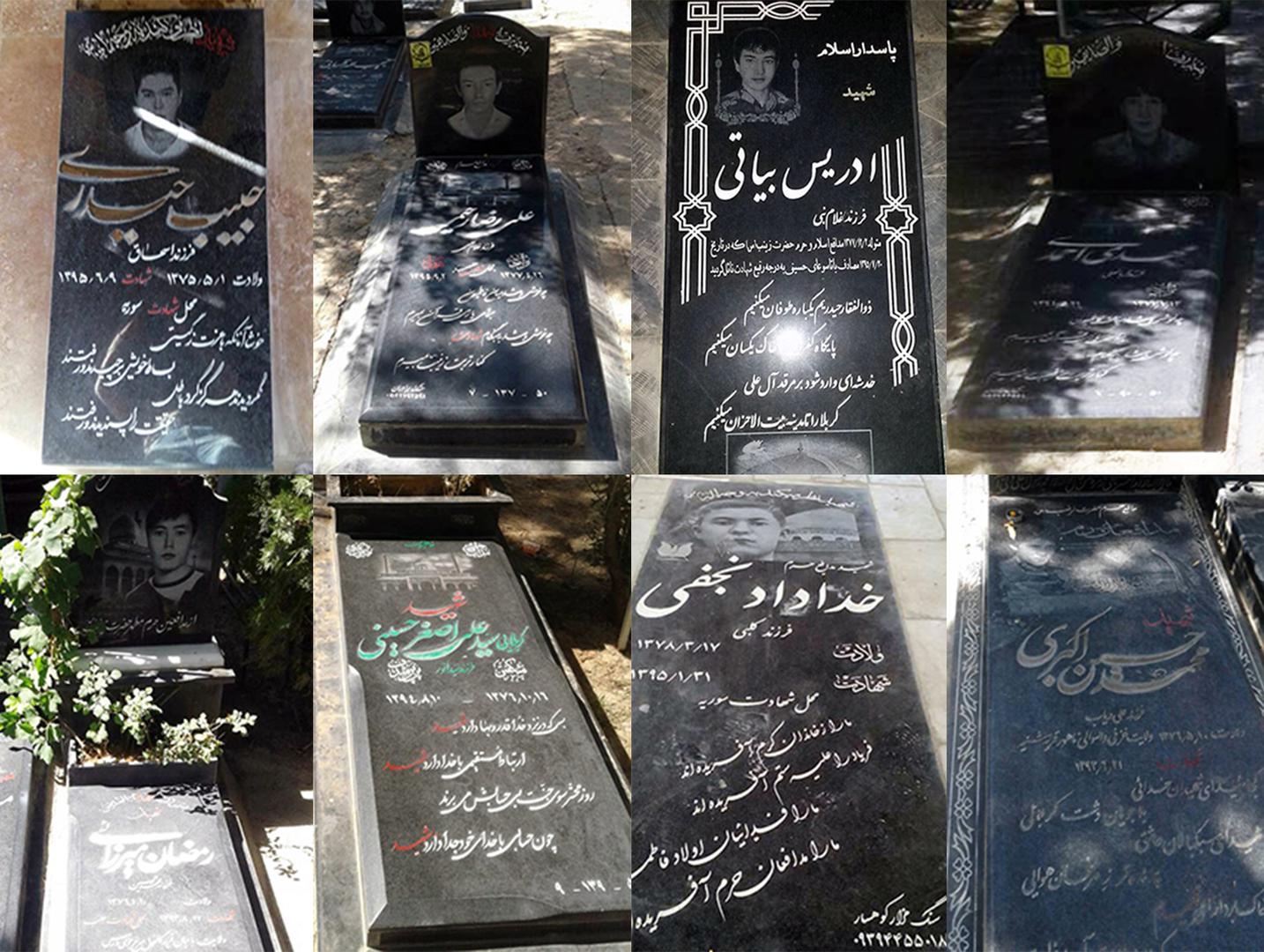Matthew Sneed
Impunity Watch Reporter, The Middle East
CAIRO, Egypt – A court in Cairo sentenced sixteen men to jail because of their identification as gay. Each received a three-year sentence for being found guilty of “inciting debauchery” and “abnormal sexual relations.” Fourteen of the convictions were handed down on November 26, with two more following on the next day.

Al-Ahram, a newspaper owned by the Egyptian government, reported that police raided an apartment in Cairo in September. At the apartment, they found the men in “indecent positions” and alleged that the men were engaging in prostitution with other men. “The defendants denied being homosexuals,” reported the paper. The prosecution ordered that the suspects be subjected to medical examinations to determine if they had committed homosexual acts.
The arrests have been part of an increased crackdown on the LGBT community in Egypt following an incident where a rainbow flag was waived during a concert in Cairo. The Egyptian Initiative for Personal Rights (EIPR) stated that at least seventy-five people have been arrested since the rainbow flag was raised on September 22. Of those arrests, ten are believed to be in connection to raising the flag while the rest stem from entrapment through dating apps. In addition, it was reported that at least 5 men received anal examinations.
While homosexuality is not a crime under Egyptian law, officials have used the 1961 prostitution law to charge people they believe engaged in homosexual activities. However, the Egyptian Parliament had proposed a bill that would make same-sex activity illegal. For the first time in the history of the nation, it would define “homosexuality.” Promoting or engaging in same-sex activities could lead to five years in prison and a combination of charges could result in a sentence of up to fifteen years. In addition, the publication of LBGT-friendly material would warrant a three-year sentence.
The U.S. State Department has expressed concerns regarding the actions of the Egyptian Government. One official stated, “We urge countries to uphold and respect their international human rights obligations and commitments,” said the official. “The United States will continue to engage on issues of universal human rights and democracy.”
On November 1, House Minority Leader Nancy Pelosi (D-Calif.) “urged Egyptian House of Representatives Speaker Ali Abdel Aal Sayyed Ahmed to publicly condemn the criminalization bill and the broader anti-LGBT crackdown.”
For more information please see:
BBC – Egypt jails 16 for ‘debauchery’ as LGBT crackdown continues – 28, Nov. 2017
Washington Blade – State Department reiterates concern over Egypt ant-LGBT crackdown – 28, Nov. 2017
Independent – Egypt LGBT crackdown: 16 men jailed for three years on ‘debauchery’ charges



